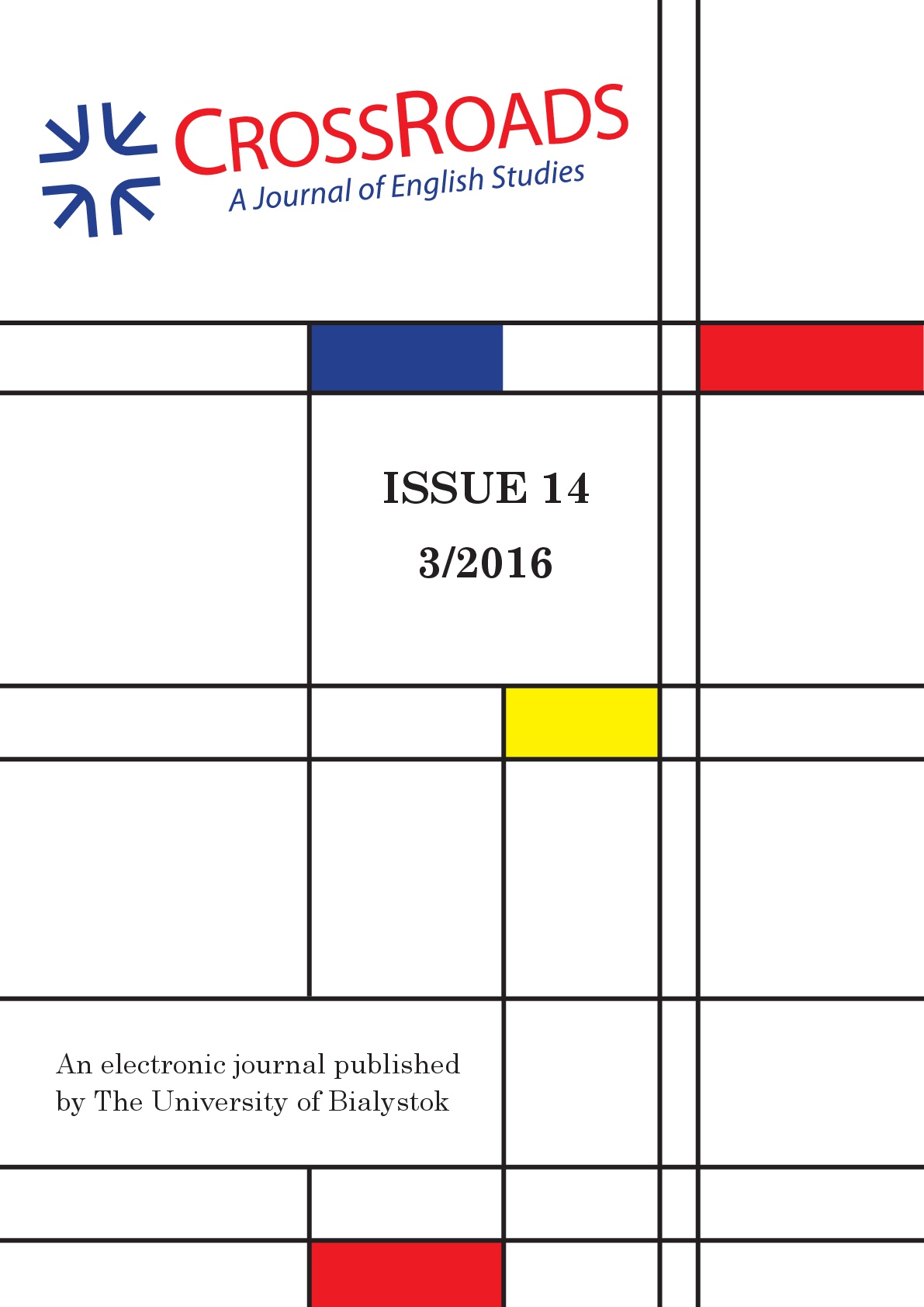Michael Crummey’s River Thieves in the light of rescue history
Michael Crummey’s River Thieves in the light of rescue history
Author(s): Ewelina Feldman-KołodziejukSubject(s): Studies of Literature, Theory of Literature
Published by: Wydział Filologiczny Uniwersytetu w Białymstoku
Keywords: rescue history; affirmative history; Beothuks; Demasduit; First Nations;
Summary/Abstract: Born and raised in Newfoundland and Labrador, Michael Crummey uses his inside knowledge to describe the region’s peculiarities in vivid detail. All four of his novels are set in Newfoundland and weave a story of its inhabitants throughout different moments in the island’s history. Though Crummey’s prose is broadly characterized as historical fiction, his novels differ from their traditional counterparts. This article aims to invite a reading of Crummey’s works through the prism of rescue history, a concept recently introduced by a Polish scholar, Ewa Domańska. Rescue history, drawing on frontier and post-colonial studies among others, is preoccupied with local, potential, existential and affirmative history whose goal is to rescue the future. Although the concept of rescue history encompasses a variety of disciplines and activities, this article will focus on the literary realization of the notion of rescue history in Crummey’s debut novel River Thieves, published in 2002. Based on historical accounts of Captain David Buchan’s expedition to Red Indian Lake, whose aim was to encourage trade and put an end to hostilities between English settlers and Beothuks, the novel encourages a compassionate revisiting of the chronicled events. Weaving an intricate web of human relations and dependencies, Crummey manages to restore agency to those who are situated on the periphery either due to gender, status or origin, thus reminding the reader that we are all capable of changing the course of history.
Journal: Crossroads. A Journal of English Studies
- Issue Year: 2016
- Issue No: 03 (14)
- Page Range: 20-27
- Page Count: 8
- Language: English

